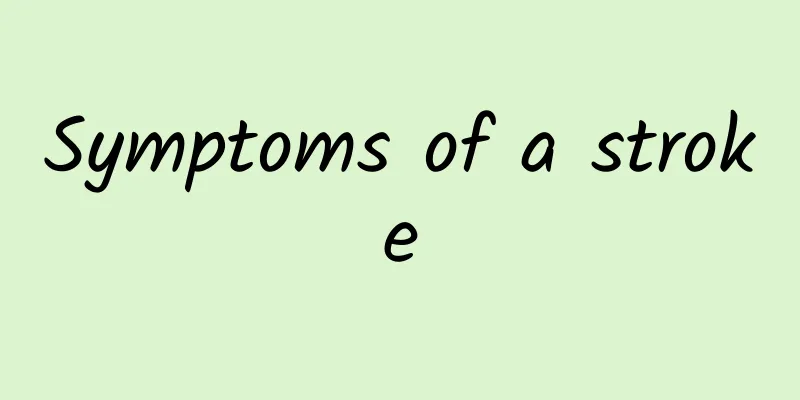The efficacy and function of salidroside

|
Rhodiola rosea is a common Chinese medicinal material. It is a perennial herb that generally grows in high-altitude alpine areas. Salidroside is a nutrient extracted from Rhodiola rosea. It has a good effect in anti-fatigue and anti-oxidation, and has a good effect on preventing aging and regulating the central nervous system. Let us learn about the effects and functions of Salidroside. Anti-hypoxia and anti-fatigue: Rhodiola rosea speeds up blood circulation by preventing capillary contraction and improving adaptability to low-oxygen environments. Rhodiola rosea increases the body's ATP content, reduces blood lactate formation, increases creatine phosphokinase content and improves serum total protein content, thereby improving fatigue caused by extensive exercise. Anti-aging effects: Rhodiola rosea extract can protect tissue proteins and cell membranes by increasing the activity of glutathione peroxidase and superoxide dismutase in the body and reducing the content of hydroxyl free radicals in tissues. It can promote the growth and proliferation of fibroblasts and reduce cell death rate, prevent the formation of lipofuscin in liver cells, inhibit the formation of lipid peroxidation in liver cells and enhance the activity of serum SOD. It can enhance the body's ability to eliminate free radicals, prevent peroxidation reactions, thereby promoting cell metabolism and synthesis, promoting cell growth, and improving cell vitality, thus achieving anti-aging effects. Effects on the Central Nervous System: Rhodiola rosea enhances the activity of the central nervous system mainly by regulating the concentration and activity of monoamines (such as 5-hydroxytryptamine, 5-hydroxytryptamine and norepinephrine) located in the cerebral cortex, brainstem and hypothalamus. In addition to its central effects, it has also been found that salidroside can significantly reduce the percentage of apoptosis and necrosis of nerve cells, lower intracellular Ca2+ concentration, reduce the release of LDH, inhibit cell apoptosis, and protect nerve cells. Antiviral and anti-tumor effects: Rhodiola rosea can inhibit tumor cell proliferation by interfering with cell metabolism and changing the properties of cell coat. It has been proven that Rhodiola rosea has anti-tumor effects. Researchers' research on the antiviral effect of Rhodiola rosea polysaccharide shows that Rhodiola rosea polysaccharide has a significant and strong inhibitory effect on the proliferation of Coxsackievirus B3 and B5 viruses. Anti-radiation effect: Rhodiola rosea can counteract the effects of X-ray radiation and microwave radiation on the body, reduce the destruction of spleen cells caused by X-ray radiation, and the production of abnormal red blood cells in peripheral blood, and lipid peroxides in the heart and liver. 1. Boosts Immunity: Rhodiola rosea can increase the percentage of T lymphocytes in the peripheral blood of mice, and make the spleen and thymus weights and their indexes significantly higher than those of the control group. Reveals that Rhodiola rosea is an immune enhancer. |
<<: Astragalus and Schisandrae Chinensis Soaked in Water
>>: How to soak Rhodiola rosea in water
Recommend
How to use eye care solution
Eyes are the windows to the soul. A good state of...
Hereditary gray hair, the most effective way to prevent it
Many people have a head full of white hair at a y...
Wild Pueraria root powder
Wild Pueraria powder is not common in the market ...
Which department should I go to for chest tightness, heart congestion, abdominal distension and hiccups?
The feeling of chest tightness and heart blockage...
The correct way to eat fermented glutinous rice to enlarge breasts and get a fuller cleavage
The main reason why fermented glutinous rice can ...
How to deal with postural hypotension
Orthostatic hypotension is a type of hypotension,...
Is it good to see a Chinese doctor for stomach problems?
In today's society, people's pace of life...
Can pneumothorax and bullous lungs heal on their own?
In daily life, many tall and thin men are prone t...
Which acupoints should be massaged for frozen shoulder
Computers bring us convenience but also bring us ...
What are Rongyan’s physical symptoms?
Quitting smoking is something that many friends w...
What is the use of the Nine Dead Resurrection Grass?
Many people may be unfamiliar with the Nine Lives...
The efficacy and function of traditional Chinese medicine white peony root
There are many kinds of traditional Chinese medic...
The correct way to boil Chinese medicine in an electric casserole
The electric casserole is a common type of casser...
What is the best way to treat numbness in the hands of the elderly?
Many people are prone to numbness in their hands ...
What causes tongue pain?
The human tongue is used to stir up food that a p...









